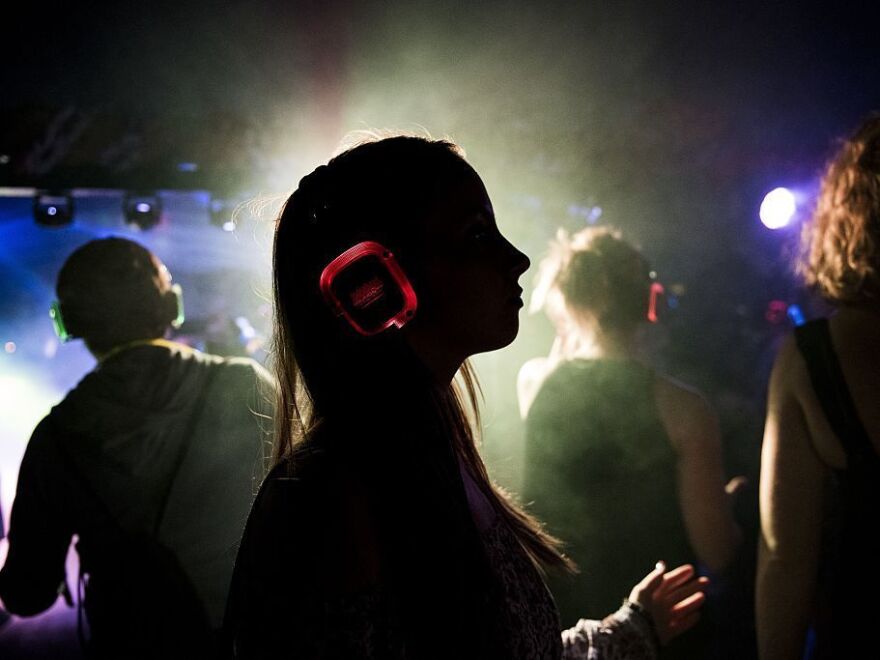#NPRreads is a weekly feature on Twitter and The Two-Way. The premise is simple: Correspondents, editors and producers from our newsroom share the pieces that have kept them reading, using the#NPRreads hashtag. Each weekend, we highlight some of the best stories.
From Andrew Jones, an editor with Morning Edition:
About a year and a half ago I finally got with the times and started using Spotify. It's not an understatement to say that streaming music transformed my music consumption. Instead of figuring out whether I wanted to spend $1.29 on a song, I had everything for a flat monthly fee. Instead of listening to the radio (who has time for obnoxious DJs, anyway?), I find myself rocking out to playlists with names like "Pop Right Now!" or "I Love My 90's R&B." I wasn't sure if they were computer-generated, or whether someone was actually putting them together, but I knew they worked for me. No matter my mood, there's a playlist for that.
As it turns out, there are teams of people giving a lot of a thought to what I'm working out to. Buzzfeed's Reggie Ugwu talked to playlist curators at the big three streaming services (Google Music, Apple Music, and Spotify), and reveals a world where music experts fret about everything from playlist name, to why a certain song isn't connecting with people.
The next time I listen to "Feel Good Friday," I'll be sure to spare a thought for the folks who are ensuring the perfect kick off for my weekend.
From All Things Considered Executive Producer Carline Watson:
As I watched last week's footage of the deaths of Alton Sterling and Philando Castile, and then the news reports of five police officers coming under a hail of bullets in Dallas, the question I asked repeatedly was about guns: the prevalence of guns in our society, the seemingly easy access to guns, and what it means when so many citizens are armed. This essay from New Yorker writer Adam Gopnik summed up my biggest fear in these two sentences:
"The one thing we can be sure of, after we have mourned the last massacre, is that there will be another. You wake up at three in the morning, check the news, and there it is."
The sad and terrifying thing is, he's right.
From Nina Gregory, a senior editor with NPR's Arts Desk:
The Los Angeles Times has been doing deep, sustained coverage of the OxyContin and narcotic addiction epidemic across the city, the state and the nation and this latest piece just might be their best work yet. Exposing the clinic in Los Angeles – nestled in a location that's long been a hot spot in the city for drug dealing – to the distribution of the pills as far up the map as Washington state was no easy task. The documentation showing what Perdue knew when is enlightening. The reporting it took to stitch the elaborate distribution chain together is breathtaking. The writing is riveting. The story is both heartbreaking and enraging.
Copyright 2021 NPR. To see more, visit https://www.npr.org. 9(MDAxODc1ODA5MDEyMjg1MDYxNTFiZTgwZg004))



